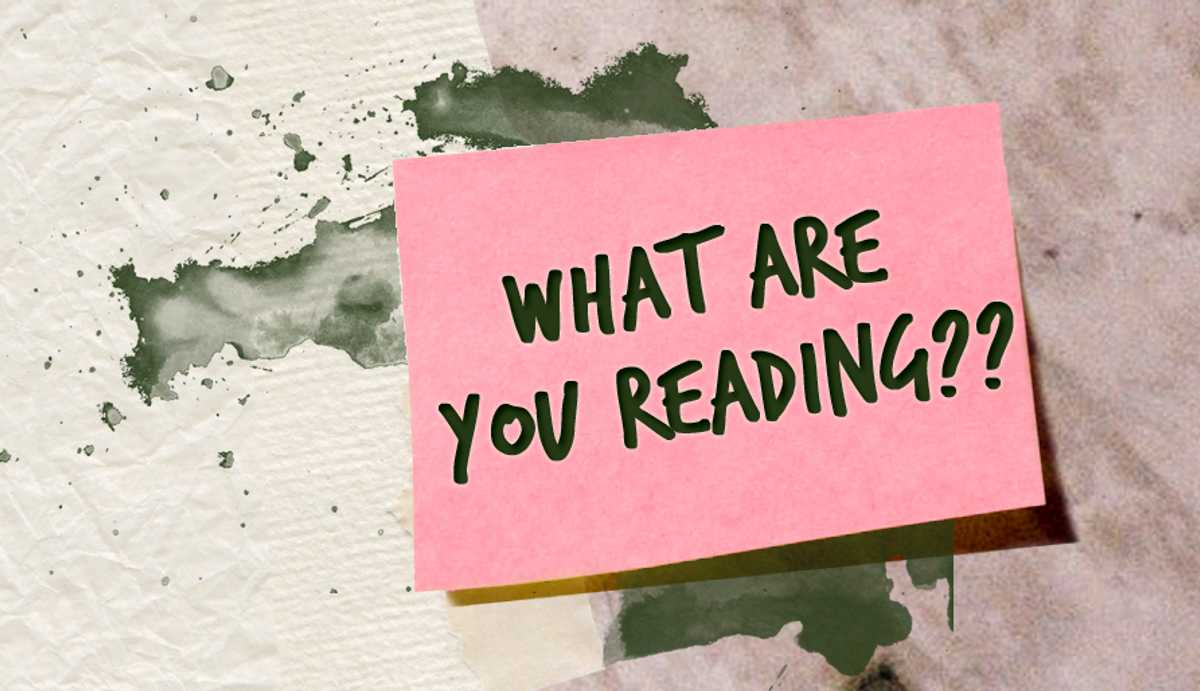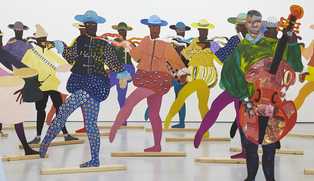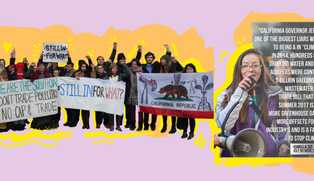Hello to our latest episode of What Are You Reading??, our semi-regular series of flash reviews. Our first review today is of Dina Nayeri’s Refuge, which was published by Riverhead Books in July 2017, and chronicles the subtle impact of her journey into and in exile.
 Dina Nayeri’s semi-autobiographical novel Refuge tells the story of Niloo, a successful academic living in the Netherlands’ capital Amsterdam. But, things were not always this way.
Dina Nayeri’s semi-autobiographical novel Refuge tells the story of Niloo, a successful academic living in the Netherlands’ capital Amsterdam. But, things were not always this way.
As a child, Niloo flees Iran with her mother and brother, and are granted asylum in Oklahoma. Her father stays behind, unwilling to give up his dental practice and opium addiction for a life abroad where his achievements will likely count for little, at best. Over the next 20 years, Niloo sees her father just 4 times, wherever and whenever he is able to get a visa: there is a trip to Oklahoma, one to London, a third to Madrid and finally a meeting in Istanbul.
Despite years of assimilation, Niloo never quite recovers from the trauma of migration and, ultimately, her fractious life is consumed by it. Her career as an anthropologist specialising in early primates appears as a metaphor for the search into her own past and origins. And yet, the various encounters with her father leave her feeling ashamed, alienated by his village ways and by how foreign he seems to her.
Niloo’s trauma also becomes manifest in pathological fears, and she carries a backpack full of documents “that entitle her to her life” wherever she goes. This searing sense of displacement comes to a head against the backdrop of rising xenophobia in the Netherlands, where the most part of the novel takes place, and a budding friendship with a newly arrived group of Iranian refugees.
Refuge is refreshing in its approach. It avoids the sensationalism of stories of drowned asylum seekers so popular at present, instead, giving a subtler and more poignant insight into the long-term scars left by exile.
Review by Taif Alkhudary
We’ll move on to non-fiction, to a book poring over all things sex in North Africa and West Asia. Sex and the Citadel: Intimate Life in a Changing Arab World.
 Published by Random House in 2013, Shireen El Feki’s Sex and the Citadel: Intimate Life in a Changing Arab World explores intimate life in the Arab-speaking world, drawing on a bulk of interviews, statistics, journalistic work and personal reflections.
Published by Random House in 2013, Shireen El Feki’s Sex and the Citadel: Intimate Life in a Changing Arab World explores intimate life in the Arab-speaking world, drawing on a bulk of interviews, statistics, journalistic work and personal reflections.
Written in Egypt after the 2011 revolution, which led to the overthrow of then-president Hosni Mubarak, El Feki sets out to look at conceptions of sex and its entwinement in religion, tradition, politics, economics and gender. For her, studying sex reveals a better picture of the social landscape of Arab society.
Topics are explored from a range of angles, and El Feki does a brilliant job at explaining the religious and traditional backgrounds as a way of digging into topics around intimate relations.
A chapter addressing Female genital mutilation (FGM) starts with the history of the practice, before giving testimonials from mothers who have had their daughters subjected. All of this is done with plenty of stats and info about regional governments’ efforts aiming to curb the practice. In doing so, El Feki provides a much more nuanced account over Western reporting which often taps into white-saviour tropes. Likewise, the types of marriage permissible under Islam are given alternative interpretations, without compromising El Feki’s own critical lens.
Sadly, a major weakness of the book is that it makes crude generalisations about the so-called Arab world, which are based on El Feki’s work in Egypt. ‘Arab’ and ‘Egyptian’ are used interchangeably, flattening geographic distinctions apparent even to the least enlightened reader. Egypt is, after all, a very specific context.
But ultimately, Sex and the Citadel is a very topical read, offering fresh insights into the difficult and widely censored relationship between sex and Arab society at large.
Review by Yousef Cisco @yousefcisco
Like the sound of our picks? All books are available here:
- Refuge, by Dina Nayeri: Hive Books
- Sex and the Citadel, by Shireen El Feki: Hive Books
And if you like this series and want to tell us what you’re reading, send your flash reviews (150-300 words) to our editor Mend or tweet at him if you have any questions: @mendlusi As a new and self-funded project, Skin Deep relies on the generosity of our readers who can afford to contribute. If you’d like to make a donation, please click here.



